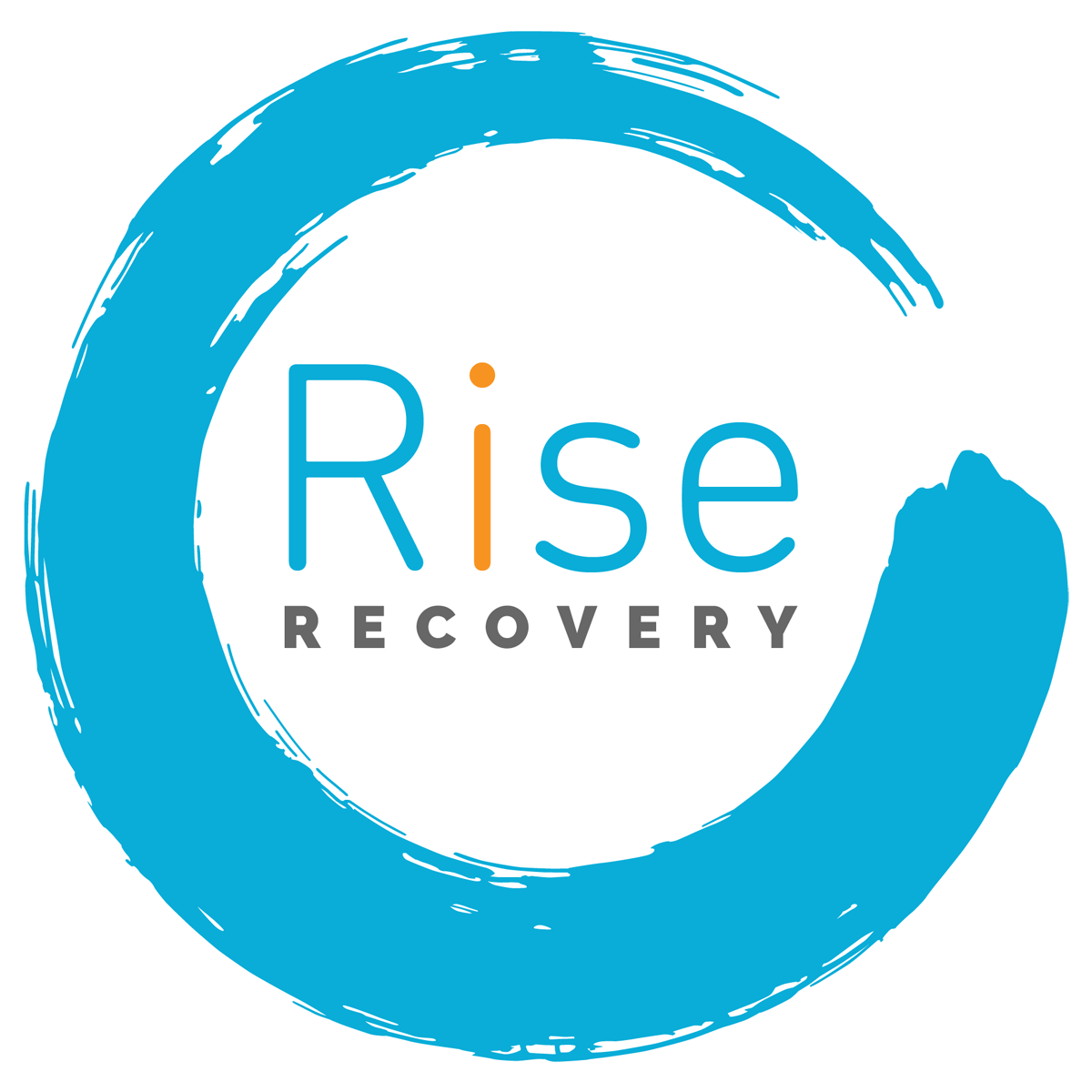25 Tips Parents Should Know About Substance Abuse
1. Alcohol and drugs are powerful. They cause more physical and emotional damage in young people’s lives at a faster rate than adults.
2. You cannot isolate your child from this issue. Social tolerance of drug use is far more prevalent than when you were a teenager.
3. Good parents can end up with a child on drugs. Don’t let shame or embarrassment stop you from asking questions and seeking help. In most cases you did not do this to them.
4. No one is immune. Just because your child is involved in church, sports or gets good grades doesn’t mean he/she won’t abuse drugs or alcohol.
5. Teenagers are peer oriented. Positive peer pressure can be just as powerful as negative peer pressure.
6. Educate yourself. The more you know about drugs and alcohol, you’ll be better equipped to respond.
7. Marijuana is far more potent than it was 20 years ago. Just because you tried it and turned out okay, does not mean your child will be okay.
8. Many over-the-counter medications and various household products can be used to get high. These include cold and flu medications, aerosol deodorants, and even alkaline batteries.
9. If your child experiments with cigarette smoking, it does not mean he/she will progress to drug & alcohol abuse, but it should open a dialogue about the subject.
10. Consider the long-term effects of substance abuse-and the message you are sending-before allowing your child to have a drink or smoke cigarettes in your presence.
11. Substance abuse starts with a bad choice, but continues for other reasons. Chemical dependency is an illness. Respond to it as such.
12. Don’t take it lightly! Experimenting with alcohol & drugs is not a part of normal adolescent behavior.
13. If you suspect your child may be using alcohol or other drugs don’t be afraid to act. In the beginning an over reaction is far better than doing nothing.
14. When a child starts using, they stop maturing emotionally and socially.
15. Standard parenting and discipline techniques may not be the best way to deal with substance abuse.
16. Don’t be afraid to pursue the issue. Searching rooms, confrontation and setting limits is okay. Hard evidence is not necessary to seek an assessment.
17. You can’t rationalize with an irrational person. If your child is using, chances are they are irrational.
18. A drug screen is not always conclusive. They can be easily tainted and only test for certain substances.
19. Focusing on “why” keeps you in the problem and does not provide solution.
20. There is a difference between enabling and helping. Let your child experience natural consequences.
21. Substance abuse affects the entire family. Research shows that there is an 80% greater chance of success in recovery when the family is actively involved throughout the process.
22. Communicate with other parents. You’ll find that your situation is not unique, and that recovery is possible.
23. Communication involves listening. Try actively listening to your child rather than “fixing” them.
24. It’s never too soon to get help. Early intervention can and does work.
25. Seek a professional opinion. They can provide an objective assessment.
Rise Recovery provides no cost and confidential assistance at (210) 227-2634.




